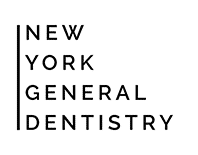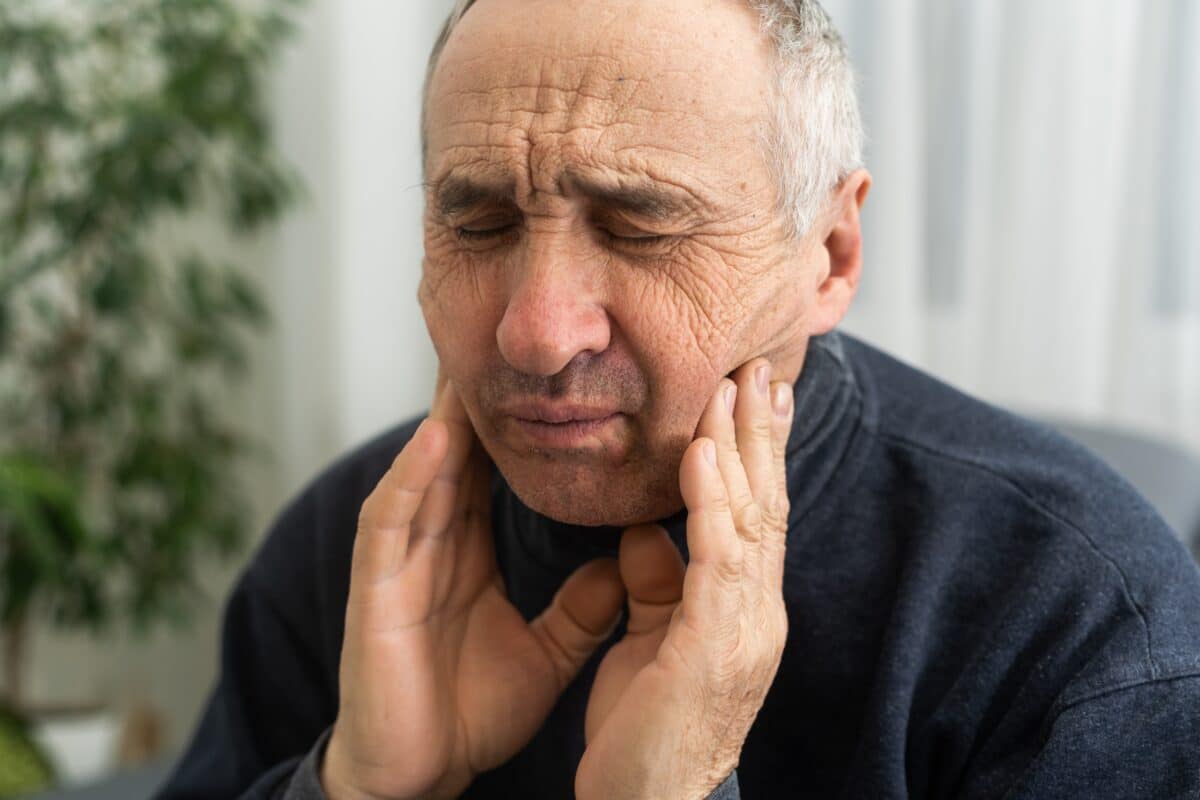Sleep apnea and your oral health may not seem like two things that are related, but they are connected in a variety of ways. Sleep apnea can affect your oral health and your oral health may bring on or worsen sleep apnea.
Let’s take an in-depth look at what sleep apnea is and how it can affect your dental health.
What is Sleep Apnea?
Sleep apnea is a common and potentially serious sleep disorder that is characterized by breathing interruptions during sleep. The breathing disruptions prevent oxygen from reaching the lungs and are often caused by the tissue collapsing in the airway, a large tongue getting in the way, or being overweight.
The disorder can disrupt your sleep and affect the amount of energy you have during the day, your mental performance, and your overall health.
Untreated sleep apnea can be fatal. When you don’t get enough oxygen, your blood pressure can go up and that can put a strain on your heart and lead to life-threatening consequences.
But how do you know if you have sleep apnea? Some of the common symptoms of sleep apnea you can look out for include:
- Reduced and/or absent breathing
- Frequent loud snoring
- Gasping for air during sleep
- Daytime sleepiness and fatigue
- Decreased attention and concentration
- Forgetfulness
- Dry mouth
- Headaches upon waking
How Are Sleep Apnea and Oral Health Related?
Sleep apnea and oral health are connected in several different ways. Sleep apnea can lead to certain dental and oral disorders and bad oral health can lead to sleep apnea. They can go hand in hand.
TMJ Disorder
Temporomandibular joint (TMJ) disorders and sleep apnea are highly related. The TMJ connects the lower jaw to the upper jaw and TMJ disorders often show up in the form of jaw pain, pain in the neck, shoulders, and head, clicking in the jaw joints, and issues chewing.
Those with sleep apnea are, unfortunately, much more likely to suffer from TMJ disorder. A 2013 study in the Journal of Dental Research found that those who showed two or more symptoms of sleep apnea were over 70% more likely to develop TMJ disorder.
But how does one lead to another? Sleep apnea can cause your jaw to move forward to try to open up the airway. That constant movement can ultimately lead to TMJ disorder.
The pain from TMJ disorders may cause you to hold your jaw differently and obstruct your airway while you’re sleeping which can ultimately lead to sleep apnea.
Teeth Grinding
Teeth grinding or bruxism can happen at any time during the day but it often occurs at night while you’re asleep. It can cause a variety of negative side effects including waking up tired, headaches, and neck and jaw pain. Because it occurs when you’re sleeping, bruxism can be considered a sleep disorder and can often go hand-in-hand with sleep apnea.
To slop the collapse of the airway or get the tongue out of the way of your airflow while you sleep, you may grip your jaw and grind your teeth. This can lead to decay and cavities if left untreated.
Dry Mouth
People with sleep apnea often open their mouths to try to get more oxygen to the lungs. This can easily lead to dry mouth and dry mouth can lead to increased plaque, cavities, tooth decay, and gum disease.
Mouth Breathing
When you have sleep apnea, your body may try to increase the amount of oxygen to your lungs by breathing through your mouth instead of your nose. This can lead to dry mouth and as we discussed above, dry mouth can bring on plaque, gingivitis, periodontal disease, and mouth sores.
Who is At Risk For Sleep Apnea?
While anyone can develop sleep apnea, some people are more at risk of having obstructive sleep apnea over others. Some of those risk factors include:
- People who are overweight
- Having a family history of snoring or sleep apnea
- Being over 40 years old
- Being a postmenopausal woman
- Having large tonsils
- Having nasal or sinus problems
Men also tend to have sleep apnea more often than women do.
Treatment
Dentists are often the providers who first notice dental problems related to sleep apnea. It often occurs during routine dental exams. They will recommend you see your primary healthcare provider for a diagnosis and to treat your sleep apnea symptoms.
Once you have a diagnosis, your doctor may set you up with a CPAP machine. They are often used to treat sleep apnea.
That being said, your dentist can help you with the oral health problems that come with sleep apnea. They can recommend solutions for tooth repair, offer treatments for dry mouth, and provide dental mouthpieces or bite guards to help with grinding and jaw clenching.
Schedule A Consultation
Are you struggling with dental issues due to sleep apnea? Scheduling a consultation with Dr. Chern at New York General Dentistry is the perfect first step. She can discuss your concerns, answer any questions you have, and build a treatment plan that fits your dental needs.
To schedule a consultation today, call our New York, NY office at (212) 838-0842 or use our online scheduling tool.
For over 20 years, Inna Chern DDS FAGD, has been offering personalized, high-tech dental care to Manhattan and NYC residents. With a focus on individualized attention and the latest technology, her modern Midtown East office aims to reshape dental care perceptions in New York by prioritizing patient well-being and innovative services.




